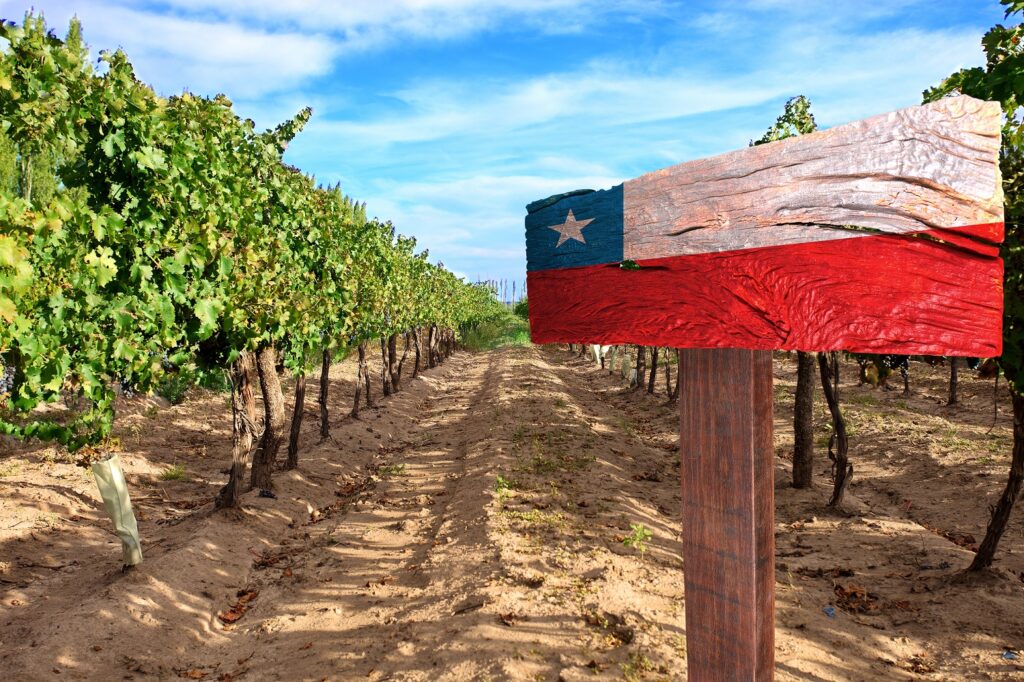Logistics crisis makes for Chile’s most complex season in 25 years

The president of Chile’s fruit grower’s association Fedefruta Jorge Valenzuela described this past season as “one of the most difficult seasons in the last 25 years,” when logistics and the war in Ukraine combined with traditional growing challenges in detriment of the season’s results.
According to a statement by Fedefruta, during a meeting with Chile’s Minister of Agriculture, Esteban Valenzuela, the Fedefruta president mentioned “the four challenges that producers always have to face: drought and weather events, the availability of seasonal workers, plague and disease management and exchange rates.”
Although these factors contributed to the poor season, Jorge Valenzuela emphasized that 2022’s logistics crisis was “the fifth, and much more major challenge”.
Exports of table grapes, blueberries and apples to the Northern Hemisphere were particularly affected by logistical complications.
Fedefruta met with port representatives to find a solution during peak table grape export season. At the time, it noted that “there was no infrastructure in place in ports to load fruits on schedule” .
In Philadelphia, where a large number of Chilean table grapes are imported, transit took 45 days instead of 20 days. As a result, the quality of the fruit, as well as the sales of 25 million of the 75 million boxes shipped, were compromised.
In the case of blueberries, half of exports were affected. Given that 85 percent of Chilean blueberry producers are small or medium scale farmers, the impact was very noticeable.
In addition, apples were particularly hit by elevated freight prices, as profit margins tend to be much tighter for apple farmers. According to the president of the Chilean association “some apple farmers simply preferred not to harvest this season.”
On a more positive note, Valenzuela stated that “fruit that arrived on schedule, did very well” and was of good quality, with cherries that were exported in time for Chinese New Year being a prime example.
Jorge Valenzuela highlighted the importance of working collaboratively, to “reach agreements with dealers” and “avoid these types of problems in the future.”
“Perishable goods and dried fruits should be considered strategic goods and in ports.” “They should be given preference when it comes to loading and unloading imports and exports, as is the case in other countries,” he added.














































